American Dream Shattered: One Haitian's Journey To US Border... And Back
Andre was hoping to "have a better life" in the United States than he could in Haiti. So he fled to Brazil, then traveled across South America to the US-Mexican border, just a few hours' flight from where his journey began.
But the 32-year-old, caught up in an explosive migrant crisis, ended up where he started -- deported home like hundreds of his compatriots in recent days, with no money or belongings.
"I had no future in my country, my salary was not enough to survive on," Andre, who asked that his last name not be used to protect his privacy, told AFP.
Andre recounted how his American dream became a nightmare -- after leaving Brazil, he ended up on a harrowing trip through the jungle on the Colombia-Panama border, where he was robbed and two young girls in his travel group were raped.
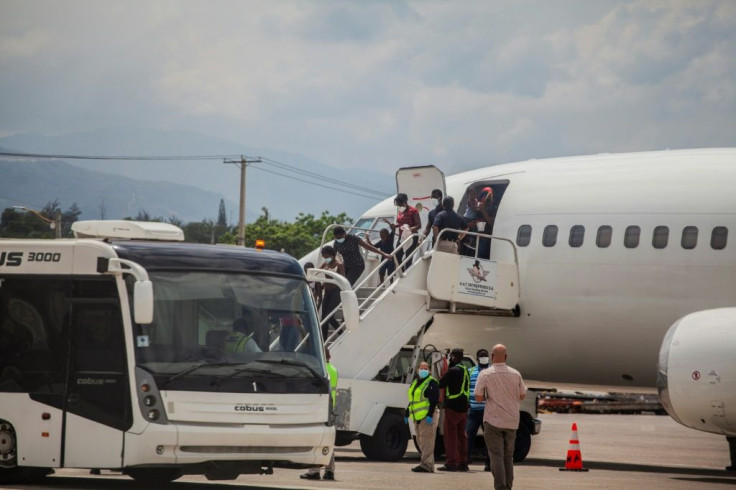
And then, he experienced the disappointment of getting so close, only to be sent home.
"As long as we are alive, we can start over, but this really hurts," he said outside the airport in the Haitian capital Port-au-Prince.
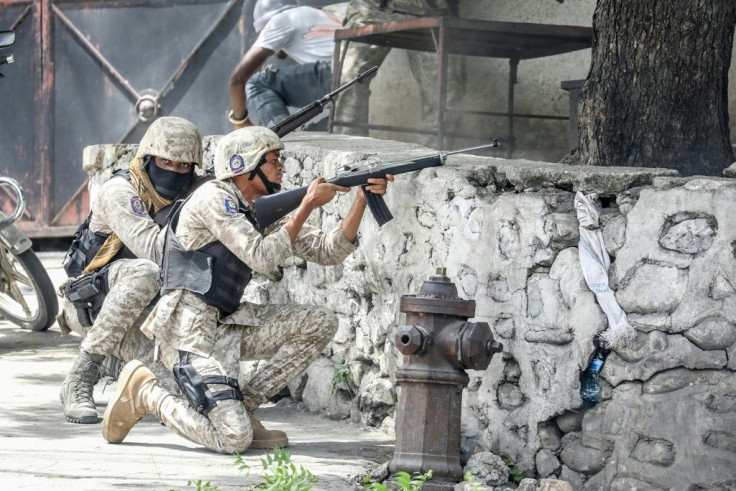
The eldest of four siblings, Andre studied law after finishing high school -- a top choice among Haitian families. But the science classes he taught to finance his education didn't make him happy.
Against the advice of his loved ones, he bought a one-way ticket to Brazil in 2017.
He hardly knew anything about the country, but he didn't need a visa to go there, and so he went. In fact, Brazil has become a gateway for thousands of Haitians of his generation to escape their impoverished, crisis-wracked homeland.
First he ended up in Sao Paulo and then Porto Alegre -- in both cities, he got work on poultry farms.
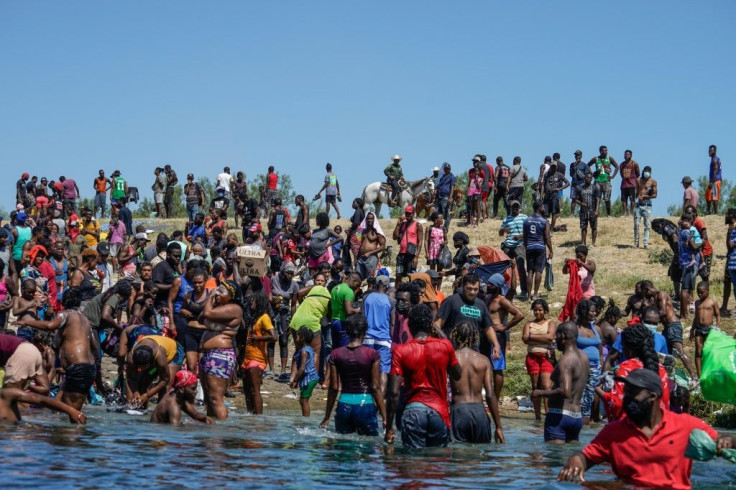
"It did not scare me to do that kind of work, because I can honestly say it was a life of luxury compared to what I had in Haiti," he recalled with a smile.
Luxury for Andre meant working bus systems, health insurance, an elevator in his building and a full refrigerator that never broke down.
"In Haiti, the power sometimes goes off for four days or more," Andre said.
But the creature comforts he found in Brazil were ultimately not enough.
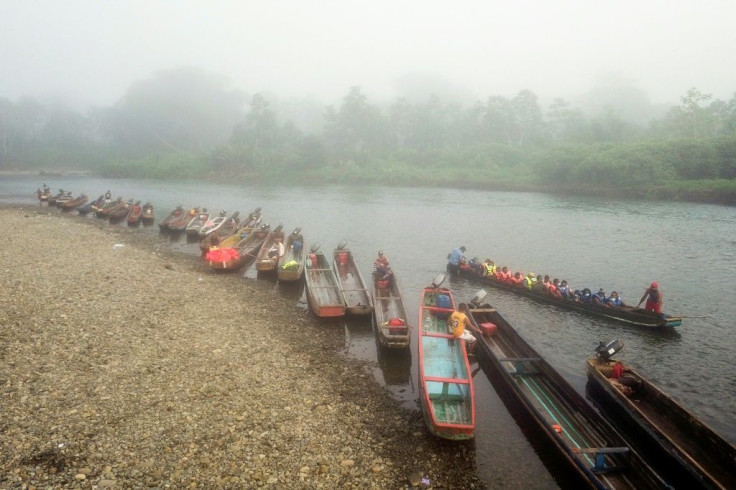
"Haitians only want to live in two countries in the Americas: the United States and Canada," he said.
Beyond a chance at his own American dream, Andre wanted to be able to help his family back home.
"With inflation (in Brazil), I didn't have enough to buy dollars to send back to Haiti," he explained.
Andre had a five-year residency permit in Brazil, but decided it was not enough reason to stay.
"If I could make it to the United States, it would only take me two hours to go see my family, and I could find flights for about $300. From Brazil, a ticket costs $1,000 and direct flights are rare," he said.
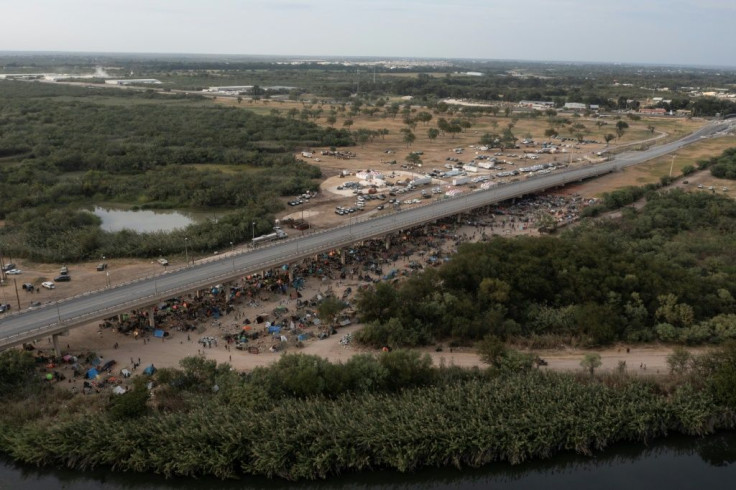
So this past summer, he started his trek north.
After several domestic flights in Brazil, and then hours on buses across Bolivia and Peru, Andre arrived in Colombia. Before him was the Darien Gap, a mountainous jungle leading to Panama.
Many migrants have died trying to cross the area linking South and Central America. Conditions are difficult.
"Sometimes we drank river water and then, after we'd swallowed, we would see a corpse floating," Andre said, lamenting that some who attempted the journey did not survive.
Beyond the treacherous trip across rivers and tough terrain, and days of walking in unbearable heat, criminal gangs are everywhere.
Andre said he came across three groups of thieves. The first two took all of his cash. The last group wanted his mobile phone, the only thing of value he had left.
He finally convinced them to take some basic painkiller pills he had instead.
Retelling the story, the man turned stony-faced.
"After that, they raped two children. Their parents had no money, and so the robbers took the little girls and raped them not far from where we were," he said.
The girls were 11 and 12 years old, the youngest people in the group Andre was with as they crossed the Darien Gap.
"Their father and mother were there, standing by. We heard their screams but no one could do anything or we would all have been shot," he recalled.
Once he got out of the jungle, Andre quickly arrived in Mexico, mainly taking buses through Costa Rica, Nicaragua, Honduras and Guatemala.
Two months and nearly $6,000 later, he ended up under the Del Rio bridge in Texas, in limbo as his attempt to enter the United States from Mexico after crossing the Rio Grande failed.
The United States, once his dream country, put Andre on a plane home to Haiti, four years after he first left for Brazil.
As the dust kicked up from the massive traffic in Port-au-Prince, Andre expressed his bitterness and frustration.
"Will I stay in Haiti? Given the political instability, the health situation, education... it's upsetting. I can't stay in a country like this," he said, already musing about how he could try to enter the United States the next time.
© Copyright AFP {{Year}}. All rights reserved.





















